How To Ward Off Depression
Get the free childhood design guide
 I like to think of feelings like our digestive system. When you have something inside, it needs to come out, and we feel much better after it does. Same too with emotions. via @ParentingJunkieTweet This
I like to think of feelings like our digestive system. When you have something inside, it needs to come out, and we feel much better after it does. Same too with emotions. via @ParentingJunkieTweet ThisLet’s talk depression.
First, I want to say that I have gone through seasons where I needed professional help, and there’s absolutely no shame in that. If you feel you need some help, please don’t hesitate. It can make a world of difference.
But even if you’re not feeling clinically depressed, it’s common to go through seasons of feeling “the blues” or feeling down. Thankfully, there are some things we can do to help us bolster our mood and feel better!
The following are 15 things that have helped me and my clients. Perhaps these will help you, too. Even if you never get bluesy, these are tips I use on a regular basis to elevate my mood.
- Normalize it
We have to realize that depression is an absolutely common occurrence and not feel any shame or blame or guilt when it’s something that we experience. With all the solo parenting many of us are doing, being locked in our homes, being isolated from other people, feeling depressed and low is going to be a very natural response. If you put someone in four walls with fluorescent lights and no greenery and no other people and no sunshine, you can be sure that sooner or later they’re going to get depression. Maybe you’ve had a baby recently, as I have, and you’re experiencing postpartum blues. Maybe you’re mourning. The first thing I want you to do is really try very hard to combat any shame or embarrassment that you might feel about this very natural response. - Express (Don’t Suppress)
As we learn to coach ourselves, we don’t want to numb our feelings or ignore them. We want to learn to feel our feelings, to ride the wave of emotion, to let them be, and even to express them out. You could express them through journaling or through the arts — dance, painting, music, singing, movement. Maybe it’s talking to someone who you care about. The idea is that it’s important not to suppress our feelings, but rather to express them and move through them. I like to think of feelings like our digestive system. When you have something inside, it needs to come out, and we feel much better after it does. Same too with emotions. There’s nothing abnormal about having bad, low or bluesy feelings. That’s just our emotional digestive system processing the things that it has taken in — bad, scary or sad news, ideas, imaginations — and processing it. And then we simply let it out to feel better. - Seek Professional Help
I personally have turned to CBT (cognitive behavioral therapy) for my PTSD in the past, and it was incredibly effective. I had recurring nightmares and severe anxiety, and CBT basically cured it. So I’m a big believer in CBT. It teaches you to think in thought patterns that are more healthy by addressing cognitive fallacies, or false ways of thinking. For example, this could be black-and-white thinking, all-or-nothing thinking, or always expecting the worst, etc. Perhaps read up on CBT because it’s a fantastic thing to help you address thought patterns that are not serving your mental health. There are lots of other modalities that people find helpful as well, such as EBT/tapping and many others. - Do “The Work”
The next thing I want to plug here is Byron Katie and The Work. Byron Katie is a thinker, philosopher and teacher, and she teaches how to question your thoughts. I highly recommend her book, “Loving What Is”, or watching some of her YouTube videos, where she teaches you to go through a process of questioning your thoughts. It’s similar to CBT in some ways because you are taught to not believe everything that you think. If you’re thinking catastrophic or sad thoughts, it teaches you to turn them around and think of things in a different way. I’m a thinker and I use my thoughts as a kind of creative process that actually influences how I feel. And so for me, these modalities work really well. - Get Outdoors
Research shows that time outside is proven to elevate our mood — fresh air, sunshine, greenery, nature. These things are mood elevators. They’re natural remedies for blues. And often when we’re feeling down, we get outside even less because we have no energy and we don’t feel like being seen. So we tend to hunker down and that actually makes us feel worse. We’ve got to do things to disrupt that pattern when we’re feeling down and a great way to start is to step outside. - Get a Listening Partnership
A listening partnership is where you set up a call with someone and simply listen to each other. You get everything off your chest. Someone listens without offering advice or feedback or judgment. And then you do the same for them. It’s an incredibly healing process and it’s free. If you can get yourself to therapy, that’s great. But if not, this is a good second best because you will feel witnessed, seen, supported and heard. And you’ll do so in the safe environment of a listening partnership. Alternatively, you could simply talk to a good friend, a sister or brother or someone else whom you’re close to. But be mindful of whether they are truly a good listener or are likely to be somewhat judgmental or critical. If they are not a good listener, it can sometimes make things worse. So just be aware of who you’re talking to and whether they’re really capable of supporting you right now. - Get Enough Sleep
Often, when we’re depressed, we have a harder time with sleeping. In general, we might be lying awake in bed with anxious or sad thoughts, we might wake up crying, or simply not be able to let our body and mind fully relax. We might be spending more time scrolling on our phones, getting bright light in our eyes before we go to sleep. Of course, the depression worsens when we’re sleep deprived. Everything starts to feel more gray and blue. Everyday situations seem harder to handle. It’s really important to prioritize your sleep so that you at least have this one thing in your favor and supporting you rather than dragging you down. - Move Your Body
When we’re depressed, we’re also less likely to be working out and moving our bodies. Stretching, doing yoga, getting outside and running — all of these things are going to increase your feel-good hormones, and lower your levels of cortisol. You really want to get those endorphins and oxytocin in your hormonal cycle. Now, when you’re depressed, you don’t feel like moving. But how about starting with something small right now, while you’re listening to me? Give yourself a nice, big stretch and notice what a big difference that makes. Start small and do something to get your body moving a little bit — perhaps a short walk. The cycle will then perpetuate itself to get more and more movement going because you’ll feel good for it. - Find Something That Makes You Laugh
The next tip is to get yourself giggling whatever way you can. Do you have a video or a friend that always makes you laugh? I really love watching standup comedy and one of my favorite things for laughing out loud is watching bad lip syncing on YouTube. When I’m feeling down, instead of watching something that’s going to make me feel even more sad, I will watch something that gets me laughing and it’s contagious. Your body will inform your brain that things are good if you’re laughing. So you want to get laughing however you can, even if it feels artificial. Eventually, your body starts taking over. - Pamper Yourself
Anything you can do to help yourself feel good is a good thing when you’re depressed. When you’re down, you may feel less motivated to take special care of yourself because you’re not in a celebratory mood, don’t feel worthy or simply don’t feel like it. You kind of want to feel that low feeling when you’re depressed because that’s what your body is telling you. You’ve got to override that and counterbalance that with things that do make you feel good and that signals to yourself that you are worthy, and that it is worthwhile to invest in yourself and your well-being. - Eat Well
Similarly, you might be eating really badly. Personally, I’m a total emotional eater. When I feel sad, I feel like I deserve more cookies, ice cream, a whole pizza, or whatever it is. The trouble with that is it ends up making me feel even worse because then I also feel bloated and gross and guilty and ashamed of myself because I just ate all these things that don’t feel good in my body. I want to really encourage you for your next meal or snack to make a healthy choice. It feels so good to treat yourself well. - Check If You Need Supplements or a Dietary Change
Speaking of nutrition, you might want to look into your diet in general and see if you need some different supplements. If you’re low on anything, if your diet isn’t the right diet for you for whatever reason, that will absolutely influence your mood. I highly recommend checking that out with a professional. - Cleanse Your Mental Diet
Similarly, your mental diet might be contributing to your depression. Are you reading a lot of news? Are you watching scary YouTube videos? Are you watching a show on Netflix that’s depressing and sad? Think about the people that you’re coming into contact with. Are they always telling you negative stories or making things seem catastrophic and terrible? The people around you are going to very strongly influence the way that you interpret the world. So if you’re around people who are positive and optimistic and upbeat, that will elevate your mood. And if you’re around pessimists or naysayers or Debbie downers, that will influence your mood. Especially if you’re feeling depressed or down, that’s a time to really be aware of these things. Think about what elevates you, what reminds you of the you that you want to be, what helps you get into a good mood and raise that frequency. Then, add more of those things into your mental diet. - Take a Break From Social Media
I would also really consider taking a break from social media. Social media has been proven to spike depression and anxiety in people. You really want to limit your exposure to anything that does that. Social media also leads you to compare yourself to others, and comparison is the thief of joy. When you’re constantly comparing yourself to others, you’ll feel like you’re falling short and it’s likely to lead you to depression when you believe that everybody is out there living their best life, except for you. - Help Others
Finally, one of the best hacks for getting out of the blues is seeing how you can help others. When we feel down and low, we can get a bit self-absorbed where we’re in this cocoon feeling sorry for ourselves. It might be completely justified, but it doesn’t feel very good. All of us tend to feel better when we’re able to focus on what we have to give to others. Things like volunteer work or reaching out to someone and seeing how they’re doing can really elevate us. So if you’re in that little bit of a bluesy place, and you’re worried that you’re going to go further into depression, ask yourself, “Who can I reach out to and support? Who can I help somehow? Can I pick up the phone and check in on someone?” And perhaps it’s going to be someone who’s having a harder time and that helps us gain perspective on what’s going on in our lives. It can really help put our adversity into a new light so we can regain a sense of gratitude and appreciation for our lives.
I hope these tips will serve you to elevate your mood when you’re feeling a bit bluesy. I’ve been there, and everybody I know has been there, even if they’re too ashamed to talk about it. So let’s normalize this and support each other.
You may find that these tips are enough to elevate you and to get you out of a funk. And if you do feel that you need professional support, then please do reach out for help.
If you enjoyed these tips, I’d love to hear from you in the comments below or tag me on Instagram @parentingjunkie!




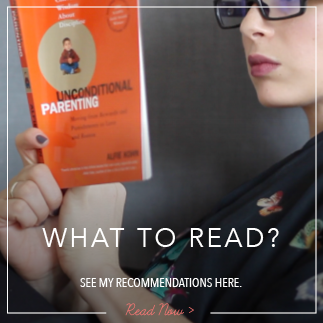
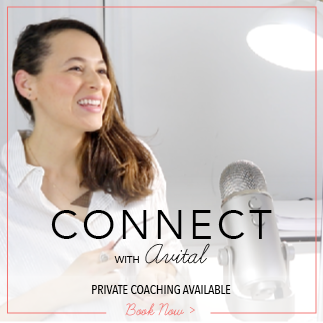


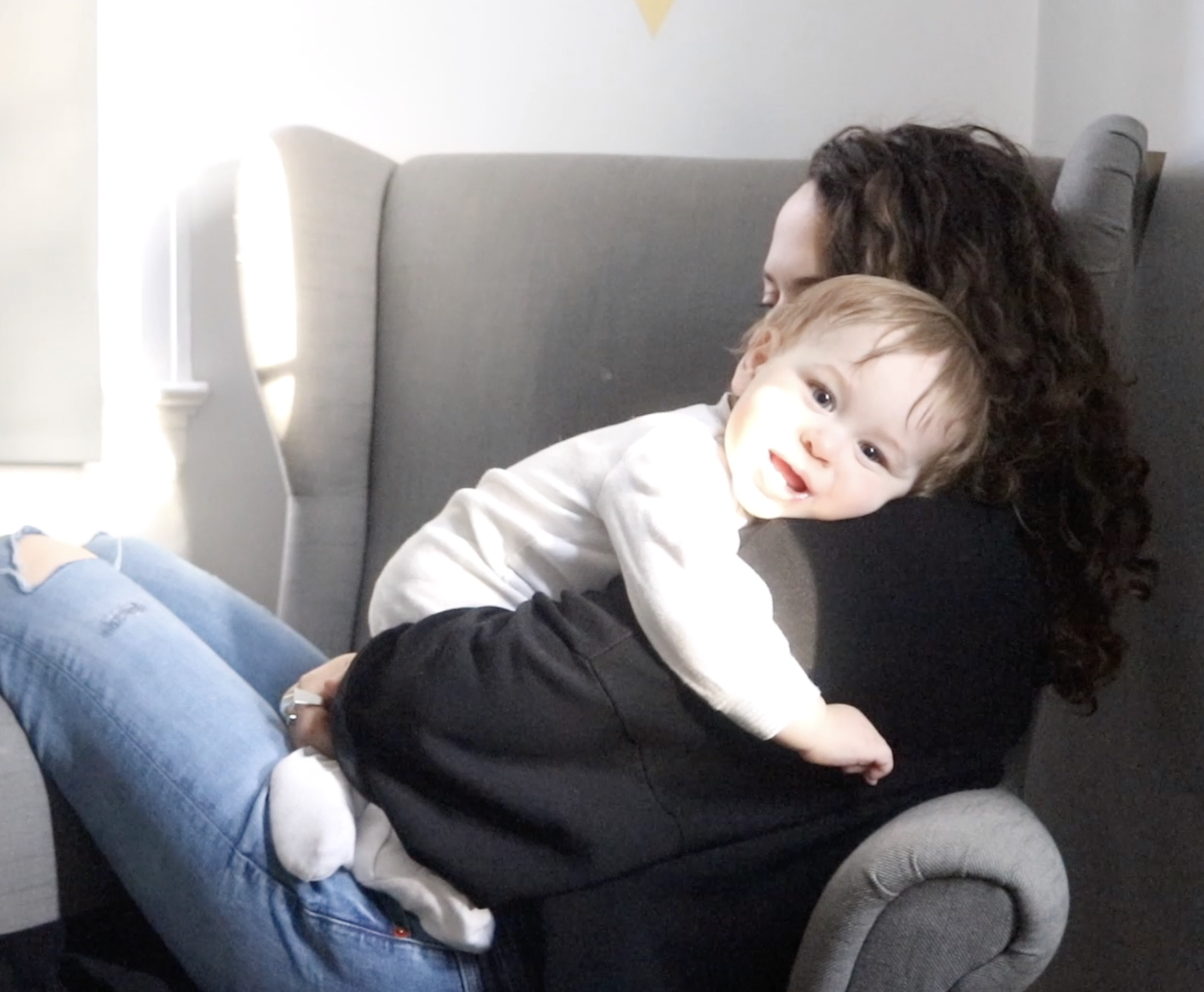
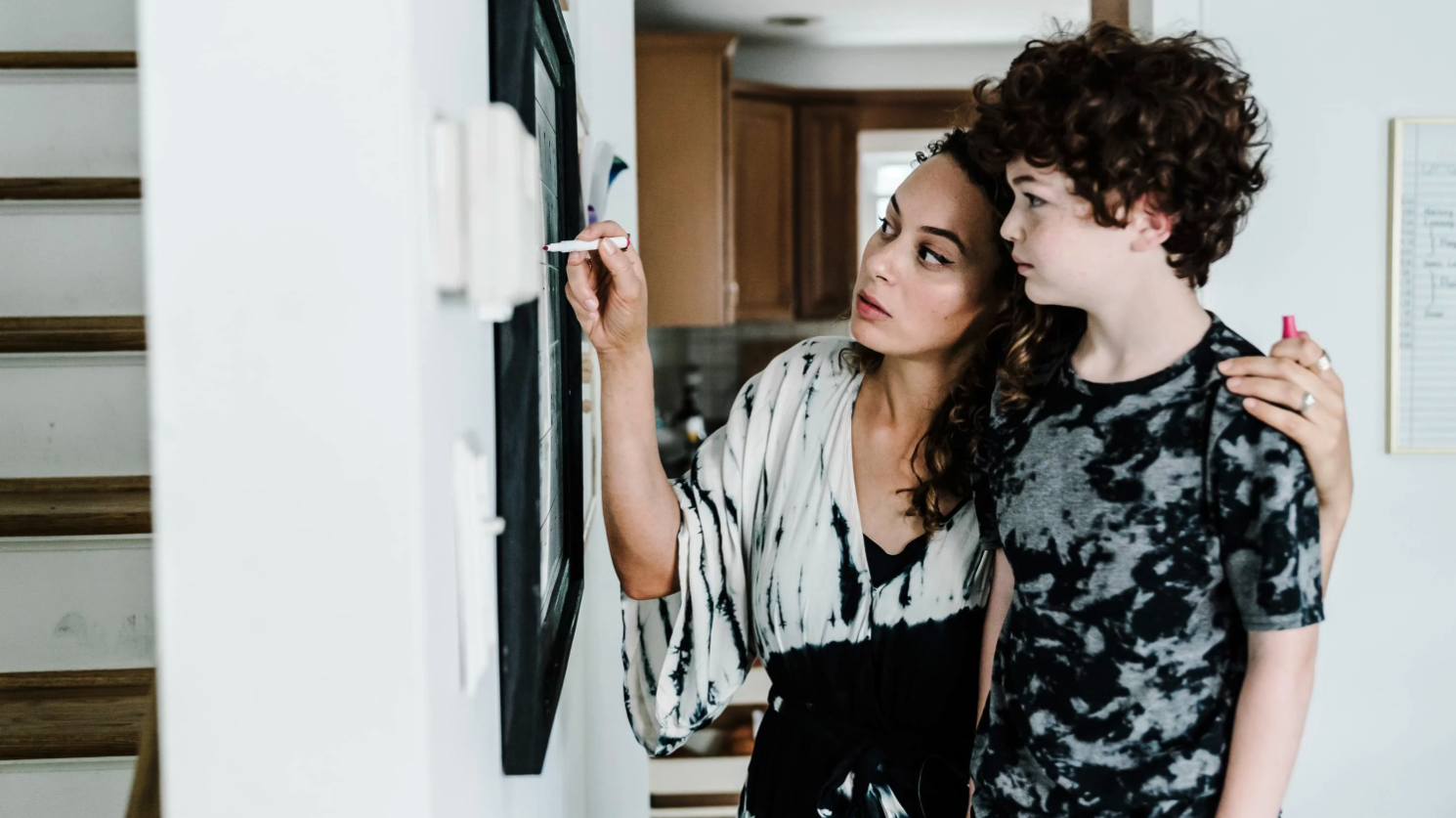



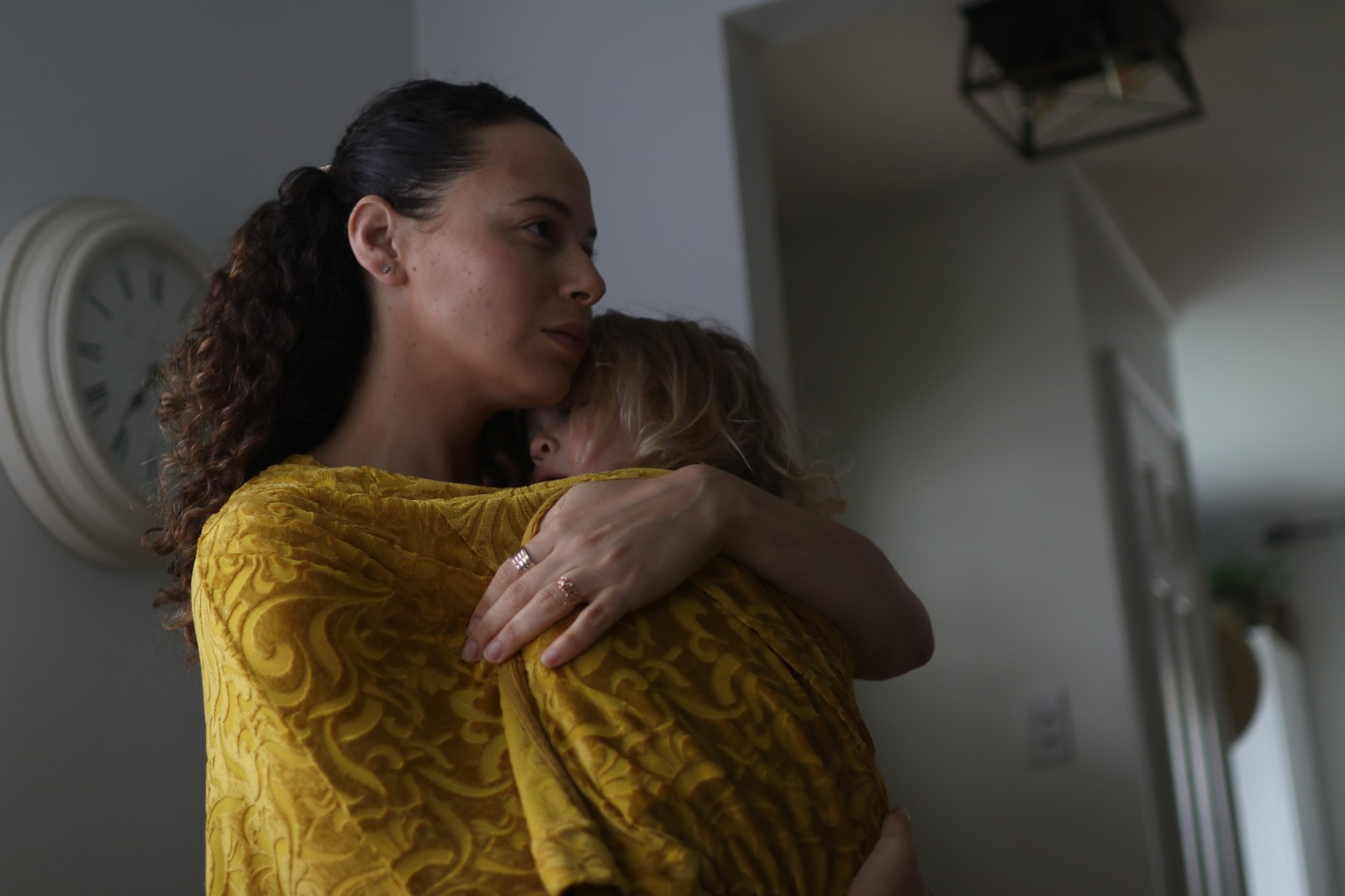

0 comments